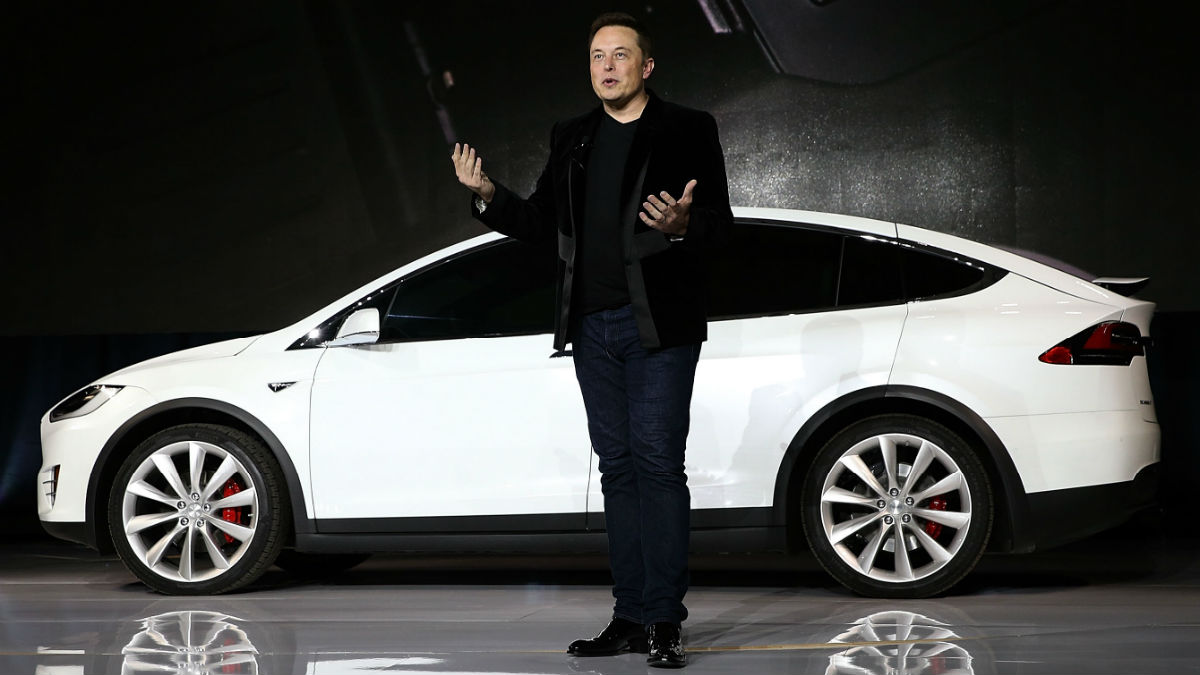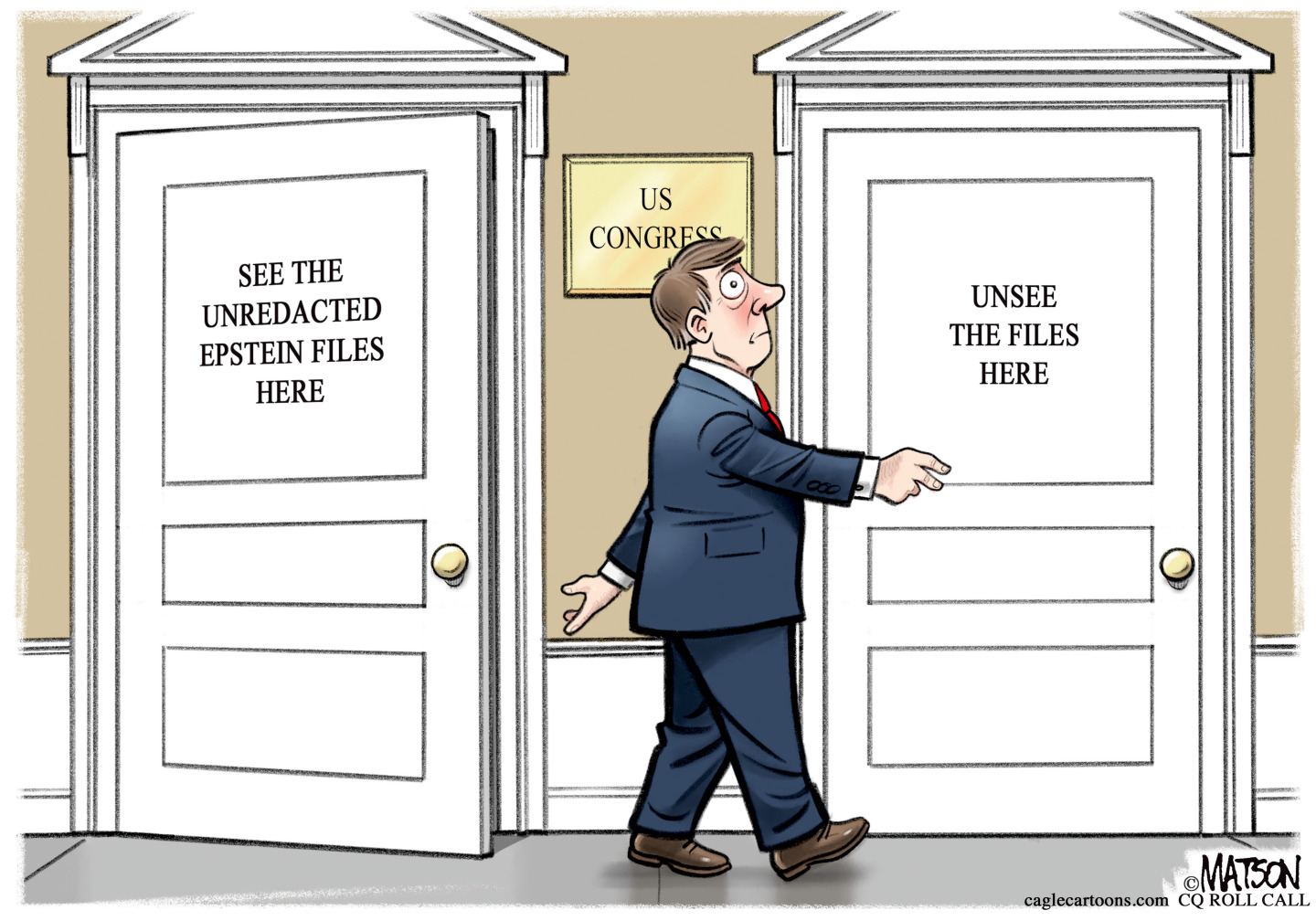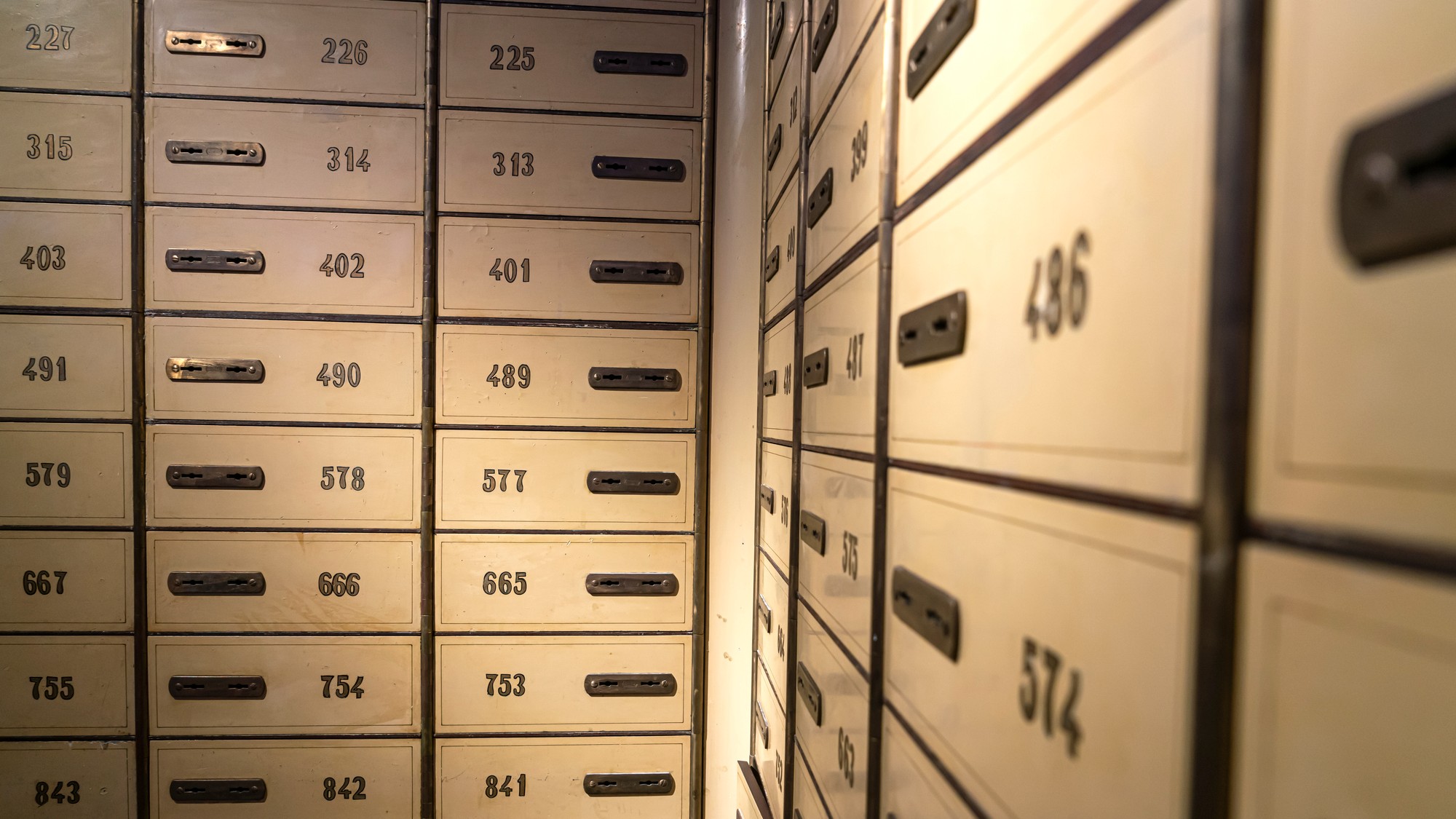Elon Musk’s Twitter takeover: trouble for Tesla?
It’s hard to find a solid business case for the billionaire’s buyout of the social media platform

A free daily email with the biggest news stories of the day – and the best features from TheWeek.com
You are now subscribed
Your newsletter sign-up was successful
Some claim that Elon Musk’s $44bn deal to acquire Twitter is the largest leveraged buyout in history. It’s a moot point, said The New York Times: Dealogic thinks it is merely the biggest in the past two decades. But that doesn’t detract from the shock and awe. This was indeed “one of the most frenzied and unpredictable takeover bids ever”, said Bloomberg. A month ago, Musk’s main connection to the social media platform was as “a prolific user”. In quick succession, “he outed himself as Twitter’s largest shareholder, a short-lived prospective board member, a hostile suitor, and finally a successful dealmaker”. Musk moved at “breakneck speed” – he even “waived the chance to look at Twitter’s finances beyond what was publicly available”. A big breakthrough was speedily securing the finance for the purchase. After bringing on Morgan Stanley as an adviser, Musk “was able to get a dozen banks to commit $25.5bn in debt financing”, pledging another $21bn in equity financing himself. The bankers were impressed. One said that “while Musk has a public persona of shooting from the hip, in private he was curious, thoughtful and open to feedback”.
Tell that to Tesla shareholders, said Nils Pratley in The Guardian – the “forgotten constituent” of this deal. Shares in Musk’s electric vehicle business plunged 12% “as the market digested the meaning of the boss’s latest adventure”. One obvious risk is sales of Tesla stock by Musk to fund the $21bn equity portion of the package. “Another is spillover political risks, in the US and elsewhere.” Twitter is blocked in China because the platform rightly refuses to bow to Beijing’s censorship laws. “But Musk, wearing his Tesla hat, is a beneficiary of Chinese largesse in the form of financial incentives to build cars in China.” Rich Chinese consumers are big Tesla buyers, and the firm sources key elements needed for its vehicles’ batteries from the country. “What would happen if Beijing were to suggest that Twitter might wish to give the Chinese Communist Party an easier ride in the interest of smooth commercial relationships for Tesla?” Maybe that’s an extreme case, but the “potential for hassle and expense” is clear.
Investors are already concerned, said Sky News. And the deal has yet to be approved by shareholders. At best, it is a distraction for them; at worst, it is a real business risk. Unlike Twitter, which lost money in the last two fiscal years, Tesla is “nicely profitable”, making gross margins of 27% last quarter, said Pete Sweeney on Reuters Breakingviews. “Free speech is a public good worth defending”, but Tesla shareholders may end up paying “a lot of rent” for Musk’s “patch of moral high ground”.
The Week
Escape your echo chamber. Get the facts behind the news, plus analysis from multiple perspectives.

Sign up for The Week's Free Newsletters
From our morning news briefing to a weekly Good News Newsletter, get the best of The Week delivered directly to your inbox.
From our morning news briefing to a weekly Good News Newsletter, get the best of The Week delivered directly to your inbox.
A free daily email with the biggest news stories of the day – and the best features from TheWeek.com
-
 Political cartoons for February 11
Political cartoons for February 11Cartoons Wednesday's political cartoons include erasing Epstein, the national debt, and disease on demand
-
 The Week contest: Lubricant larceny
The Week contest: Lubricant larcenyPuzzles and Quizzes
-
 Can the UK take any more rain?
Can the UK take any more rain?Today’s Big Question An Atlantic jet stream is ‘stuck’ over British skies, leading to ‘biblical’ downpours and more than 40 consecutive days of rain in some areas
-
 Elon Musk’s starry mega-merger
Elon Musk’s starry mega-mergerTalking Point SpaceX founder is promising investors a rocket trip to the future – and a sprawling conglomerate to boot
-
 TikTok: New owners, same risks
TikTok: New owners, same risksFeature What are Larry Ellison’s plans for TikTok US?
-
 Will SpaceX, OpenAI and Anthropic make 2026 the year of mega tech listings?
Will SpaceX, OpenAI and Anthropic make 2026 the year of mega tech listings?In Depth SpaceX float may come as soon as this year, and would be the largest IPO in history
-
 Leadership: A conspicuous silence from CEOs
Leadership: A conspicuous silence from CEOsFeature CEOs were more vocal during Trump’s first term
-
 Ryanair/SpaceX: could Musk really buy the airline?
Ryanair/SpaceX: could Musk really buy the airline?Talking Point Irish budget carrier has become embroiled in unlikely feud with the world’s wealthiest man
-
 Powell: The Fed’s last hope?
Powell: The Fed’s last hope?Feature Federal Reserve Chairman Jerome Powell fights back against President Trump's claims
-
 Taxes: It’s California vs. the billionaires
Taxes: It’s California vs. the billionairesFeature Larry Page and Peter Thiel may take their wealth elsewhere
-
 Buffett: The end of a golden era for Berkshire Hathaway
Buffett: The end of a golden era for Berkshire HathawayFeature After 60 years, the Oracle of Omaha retires